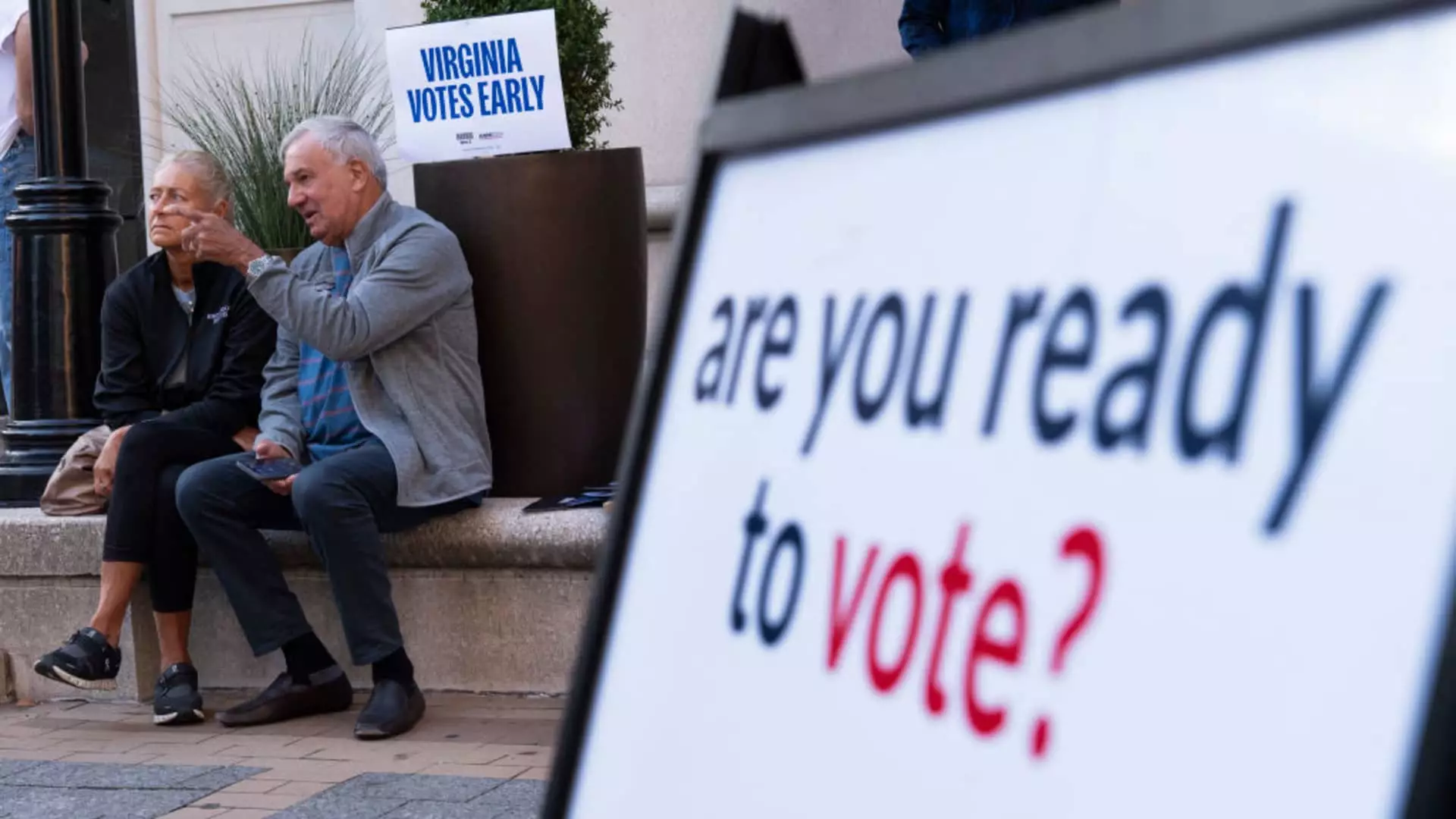As the November elections approach, the uncertainty surrounding candidates and policies has led many Americans to put their financial decisions on hold. According to a recent survey by the Certified Financial Planner (CFP) Board, a significant 63% of respondents indicated they would defer making substantial financial commitments—such as vacation planning, car purchases, home renovations, and other major expenditures—until after the election results are clear. This trend raises important questions about the impact of political events on personal finances and whether such delays are prudent.
Just as the political landscape is fraught with unpredictability, so are the financial consequences of delaying important decisions. Many individuals believe that the outcome of the election may directly influence their financial futures. However, waiting for a governmental change to make choices about personal finances may not always be the most rational strategy. Experts suggest that individuals should focus on their unique financial objectives rather than external political factors.
For instance, Michael Liersch from Wells Fargo encourages individuals to question the rationale behind their waiting. “If Candidate A won or Candidate B won, would they really do something different?” This pertinent reflection emphasizes that the nuances of personal finance should take precedence over election outcomes, as policy shifts often require lengthy negotiations and may not yield immediate effects on existing financial plans.
Financial advisors recommend a proactive approach in the face of uncertainty. Instead of deferring decisions, individuals should engage in comprehensive evaluation of their financial strategies. Liz Miller, a certified financial planner from Summit Place Financial Advisors, emphasizes that clients often discover that there’s no need for hesitation. By considering various scenarios—both optimistic and pessimistic—people can navigate through the fog of uncertainty and arrive at informed decisions.
In practical terms, this might include assessing the ramifications of potential scenarios on personal budgets and long-term financial goals. Liersch suggests that mapping out possibilities can be empowering, helping individuals to gauge if the outcome of an election would significantly alter their plans or merely disrupt their decision-making process.
One specific area of concern that many voters cite is Social Security benefits, which nearly 81% of respondents viewed as a primary issues in a recent Edelman Financial Engines survey. With warnings stating that the Social Security trust fund could become depleted by 2033, individuals are rightly worried about the potential reduction of benefits—only 79% of current benefits may be payable if no action is taken by Congress.
For concerned individuals, it is vital to adopt a strategic mindset in relation to Social Security. Exploring options like obtaining benefit estimates, enhancing savings, and budgeting for potential reductions can foster a sense of control. Moreover, financial experts advocate for essential practices, including reducing debt levels, establishing emergency funds, and adhering to a long-term investment strategy regardless of political events. These foundational steps are critical, particularly during times of volatility.
As election rhetoric heats up, potential changes in policies surrounding investments, capital gains, and taxes could sway financial markets and individual decisions. However, experts maintain that current market performance presents ripe opportunities for financial moves, particularly in realizing capital gains while tax rates remain stable.
Getting ahead of the curve by evaluating investments and discussing possible strategies for capital gains now, rather than after election results, could lead to beneficial outcomes. As Stacy Francis from Francis Financial articulates, maintaining a solid grasp on one’s financial situation can provide peace of mind during unpredictable times.
The intricate interplay between politics and personal finance is undeniable but should not dictate how individuals make their financial decisions. Rather than allowing the political climate to influence their choices, individuals ought to focus on their financial plans, set achievable goals, and adopt strategies that align with their personal circumstances. By concentrating on proactive financial planning and scenario analysis, one can navigate through any uncertainty that political outcomes may impose. The election may come and go, but a solid, well-thought-out financial plan can lead to lasting success regardless of who occupies the highest office.

